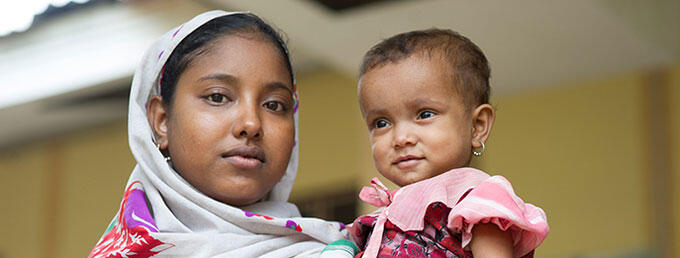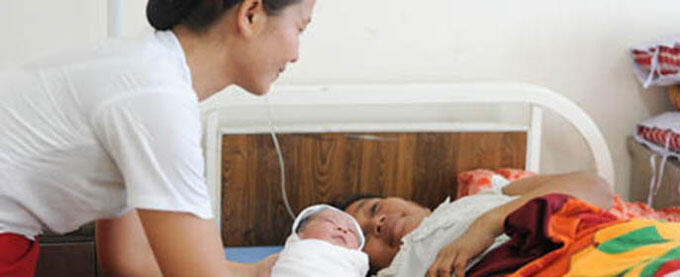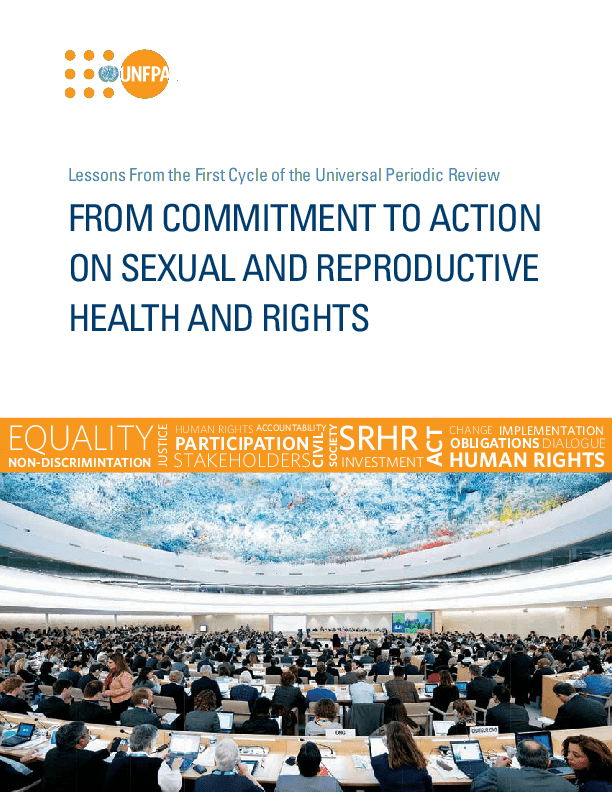
10 myths – and truths – about comprehensive sexuality education
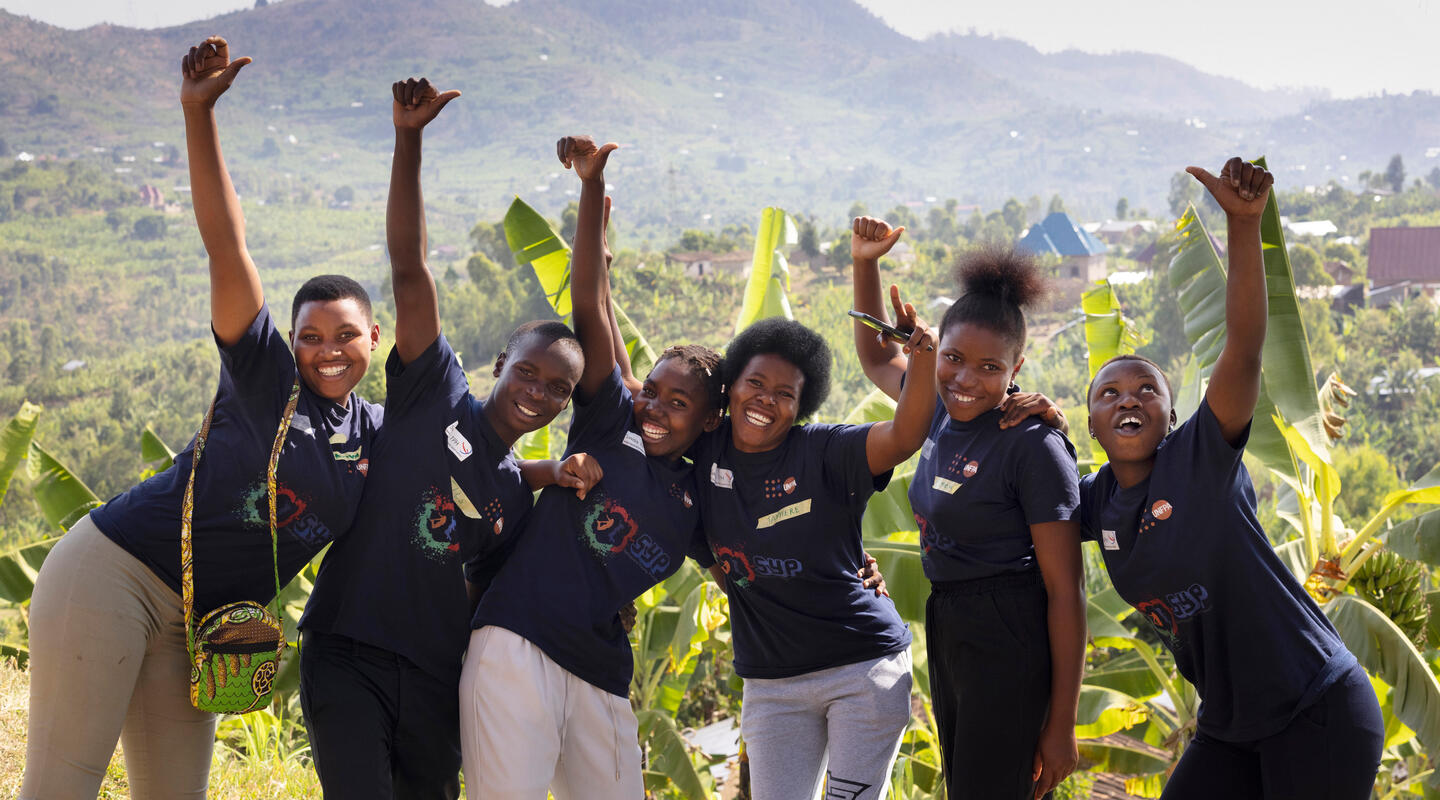
If you ask people how they would define comprehensive sexuality education, you’ll probably get a range of responses, possibly peppered with misinformation and confusion.
Here are the facts: Comprehensive sexuality education is a process of teaching the emotional, physical and social aspects of sexuality, with a goal of helping children stay safe and prepare for the future. It leads to fewer pregnancies, less disease and less abuse. It teaches young people about human development, reproduction and healthy relationships, and about how to recognize abuse, resist peer pressure and understand consent.
It saves lives.
None of this is new. Comprehensive sexuality education has been an integral part of adolescent education for decades. When properly implemented, it is taught by trained, trusted teachers and is adapted to children’s age and culture. It provides young people with accurate, non-judgmental information, ensuring that they don’t have to turn to pornography, rumors or unreliable online sources to learn about sexuality.
UNFPA, the United Nations sexual and reproductive health agency, works with governments around the world to provide comprehensive sexuality education, both in and outside of schools through community-based training and outreach. UNFPA also promotes policies for, and investment in, programmes that meet internationally agreed-upon standards.
To be sure, opposition to sexual and reproductive health, rights, education and services is not new either. Sexuality education, for young people in particular, has long been a flash point for opponents. In recent years, it has become increasingly politicized in national, regional and global contexts. While there is consensus in many parts of the world that it can address national priorities – such as reducing teen pregnancy, gender-based violence and sexually transmitted infections – there are growing efforts to create doubt.
The rhetoric among opponents remains remarkably consistent. Here are 10 common myths – busted.
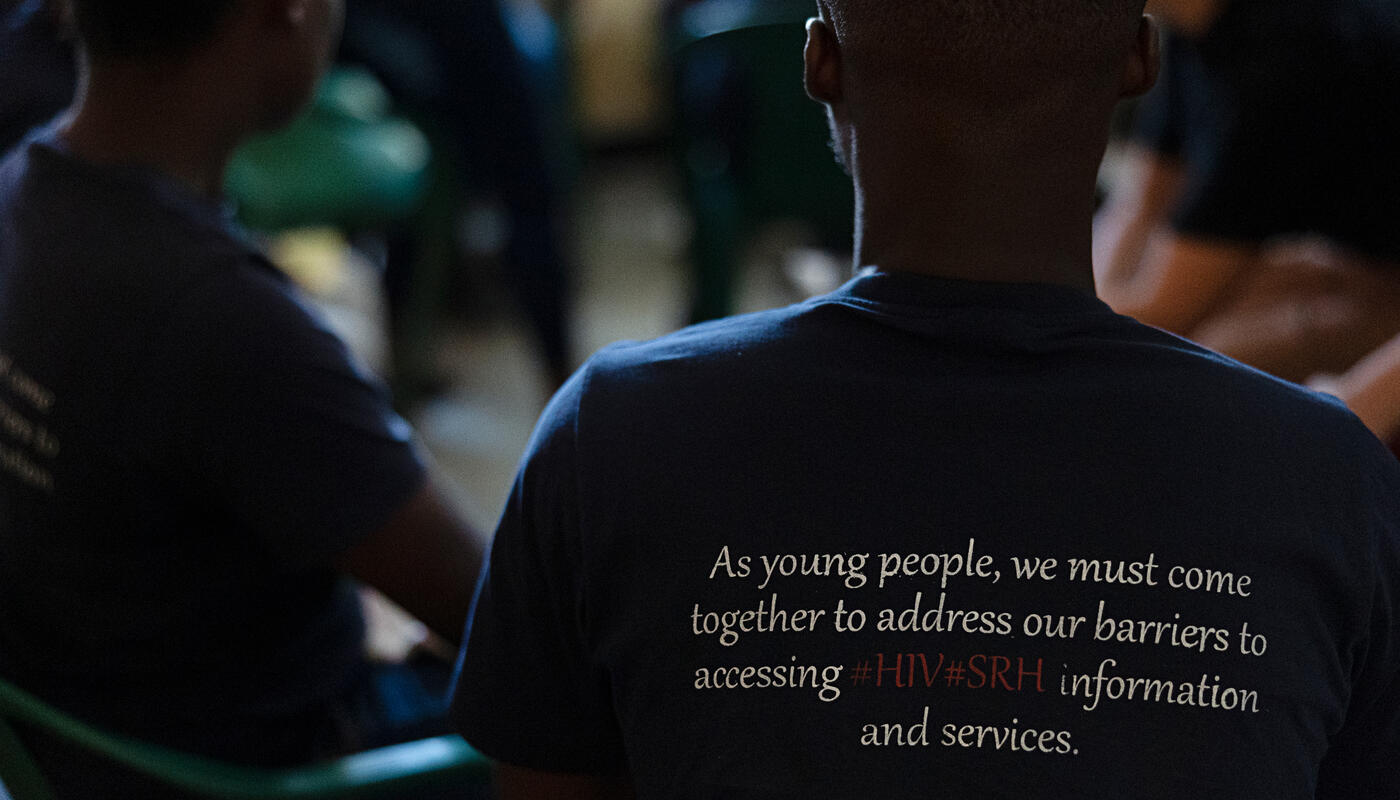
Myth:
Sexuality education grooms children for sexual abuse.
Truth:
It does the opposite. Comprehensive sexuality education teaches children about threats such as predation, grooming and sexual abuse, and how to seek help. This protects and empowers young people, helping them to grow up safely.
“Every person must know that their body belongs to them and them alone, and that no one else has the right to interfere,” Rabaa Guesmi, a comprehensive sexuality educator who received training from UNFPA in Sousse, Tunisia, has said.
Zandile Simelane, an activist for young people in Durban, South Africa, told UNFPA that she herself could have benefited from comprehensive sexuality education. She was a teenager when her life was upended. “At the age of 17, I was diagnosed with HIV,” she said.
The news shocked her. Sexuality education had not been offered in her school, leaving her unprepared to protect herself. “I know exactly where I got it from. It was from a blesser,” she said. “Blesser” is the term used to describe an older man who “blesses” girls and young women with cell phones, school fees or other gifts, often in exchange for sex.
Ms. Simelane went on to become active in youth organizations, including the UNFPA-supported African Youth and Adolescents Network, sharing her story to help others avoid her experience.
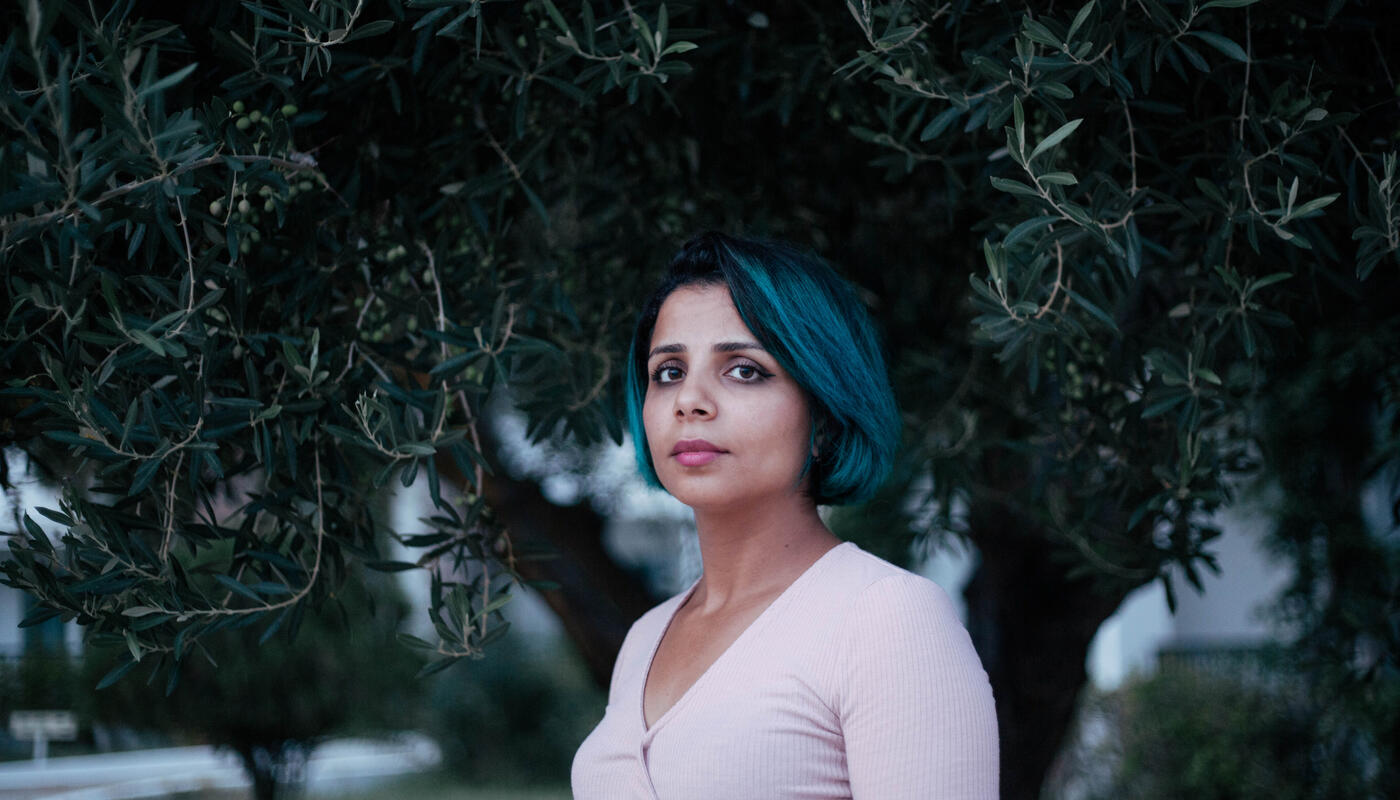
Myth:
Abstinence-only education is more effective than sexuality education.
Truth:
The negative, or at best negligible, effects of abstinence-only education are well documented. It does not lower rates of adolescent birth or of HIV and other sexually transmitted infections. People who follow abstinence-only education are also less likely to use contraceptives, are at higher risk for HPV, or human papillomavirus, and have higher rates of pregnancy outside of marriage.
Thiri* is among the young people who could have benefited from sexuality education. She became pregnant at just 15 years old in Yangon, Myanmar. “My boyfriend and I were in love,” she told UNFPA. “We were so close and so sweet to each other.” The pregnancy changed everything. “I was devastated. I’ve always loved going to school, but when I got pregnant, I was forced to leave.” A marriage was quickly arranged. Thiri moved in with her husband’s parents and gave birth to a girl. Her husband was able to stay in school; when he graduated, he moved away from home to further his education. Thiri rarely heard from him, and the marriage fell apart.
Still, Thiri was fortunate: Her mother stood up for her, despite stigma in the community. Thiri and her baby daughter moved back home with her parents, where she made plans to continue her education. Today, she thinks about the things she did not learn in school, which could have helped her avoid pregnancy. “I never learned about these things in school or anywhere else,” she said. “Before I got pregnant, I did not really understand the consequences of our love.”
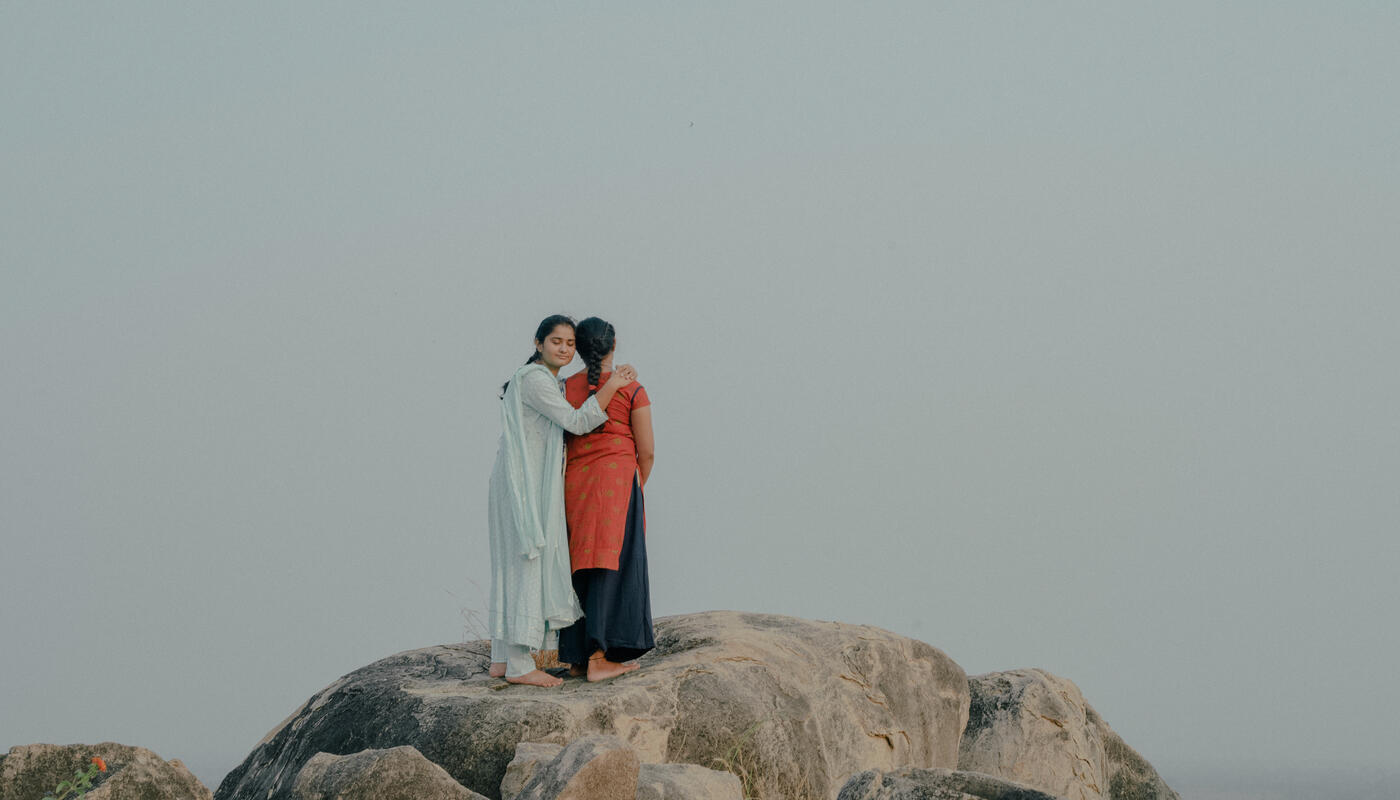
Myth:
Sexuality education encourages children to have sex early or to have more sexual partners.
Truth:
Research shows that it often leads young people to start having sex later, as well as to have safer sex and fewer sexual partners.
In Viet Nam, Linh Hoang has found an innovative way to help spread this message. The founder and chief executive of the TeenUp comprehensive sexuality education platform, she helps deliver age- and culturally appropriate lessons through an app that covers topics such as contraception and personal hygiene. Thanks to partnerships with local schools and trained educators, she said, her project has reached more than 50,000 children and parents, changing perceptions and prompting healthy discussions.
Such an initiative could have made a difference for 21-year-old Sithu* in Myanmar. “If I had known about safe sex in my teens, my life would never have turned out this way,” he told UNFPA. He described how he had contracted HIV after being intimate twice with his partner, leaving him feeling shattered. He had never received any kind of comprehensive sexuality education, in school or elsewhere.
Ultimately, Sithu decided to use his experience to help others. “I want to provide awareness and sex education to as many adolescents and young people as possible,” he said. “What I have been through cannot be reversed, but I want to share my story to save other young people.”
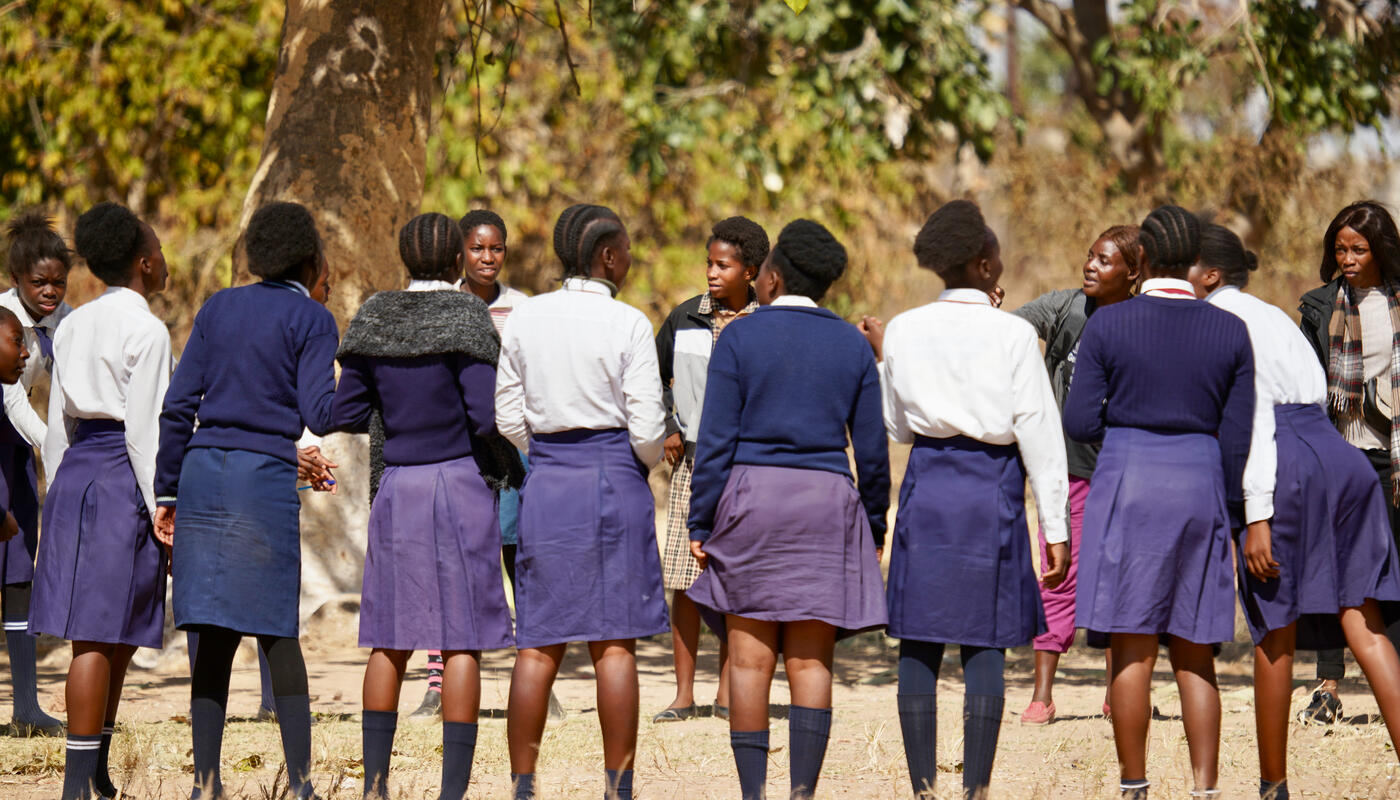
Myth:
Sexuality education goes against culture and religion.
Truth:
The content of comprehensive sexuality education is tailored to fit local contexts and is taught with the support of cultural leaders in the community.
In Bhutan, for example, UNFPA works with monks to provide comprehensive sexuality education. “There has been a change in the mindset of monks, who now freely discuss and advocate on issues of sexual and gender-based violence, which in the past were perceived as a private matter,” one of the first monks to embrace the initiative, Lopen Sherab Dorji of the Central Monastic Body, told UNFPA. Nuns in Bhutan have also received training to play a crucial role in their communities, imparting health knowledge to rural women on issues such as the importance of menstrual hygiene, contraceptives and family planning.
In India, an agreement among UNFPA and education officials in the state of Bihar led traditional Islamic institutions to launch a powerful initiative, providing adolescents with age-appropriate, culturally relevant information to promote healthy attitudes and skills to respond to real-life situations. Jamia Millia Islamia University in New Delhi and Maulana Azad National Urdu University in Hyderabad helped roll out the programme, with a goal of reaching tens of thousands of young people.
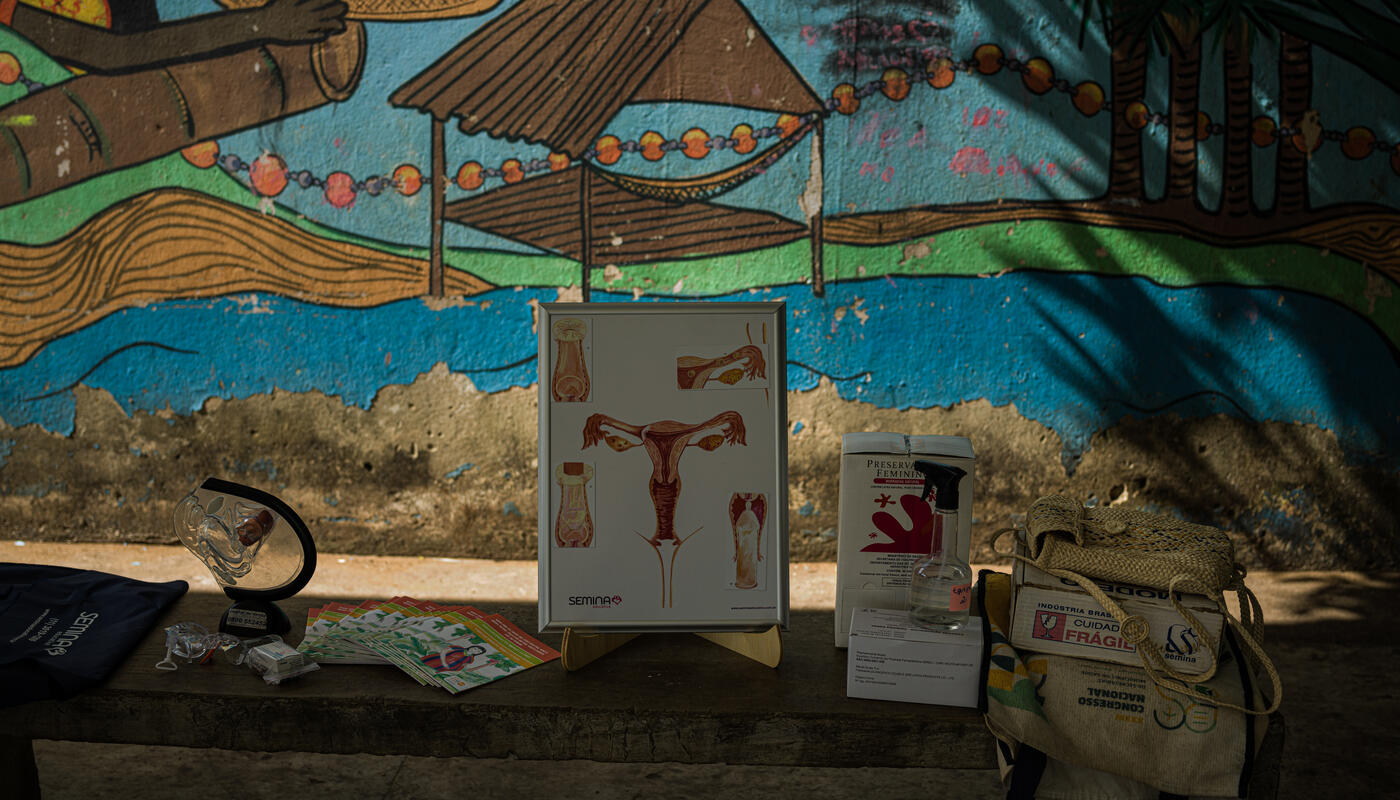
Myth:
Sexuality education promotes LGBTQIA+ “lifestyles” among students.
Truth:
It does not endorse or campaign for any particular “lifestyle” other than promoting health and well-being for everyone, everywhere. That said, it also acknowledges the need to safeguard the rights of gender-diverse and LGBTQIA+ people.
Kyal Sin Htet, an LGBTQIA+ peer educator in Mon State, Myanmar, grew up facing discrimination and isolation. “I found my gender identity when I was just 10 years old,” she told UNFPA. “As I explored my identity through my mother’s makeup, the backlash was immediate, both at home and school.”
Her experience, marked by bullying and exclusion, shaped her resolve. Working with a local UNFPA partner, she began visiting communities, frequenting places where LGBTQIA+ individuals gather, to provide information on sexual and reproductive health, as well as to offer support on issues surrounding gender equality and human rights. In so doing, she began dispelling myths and creating a space for learning and solidarity in the community.
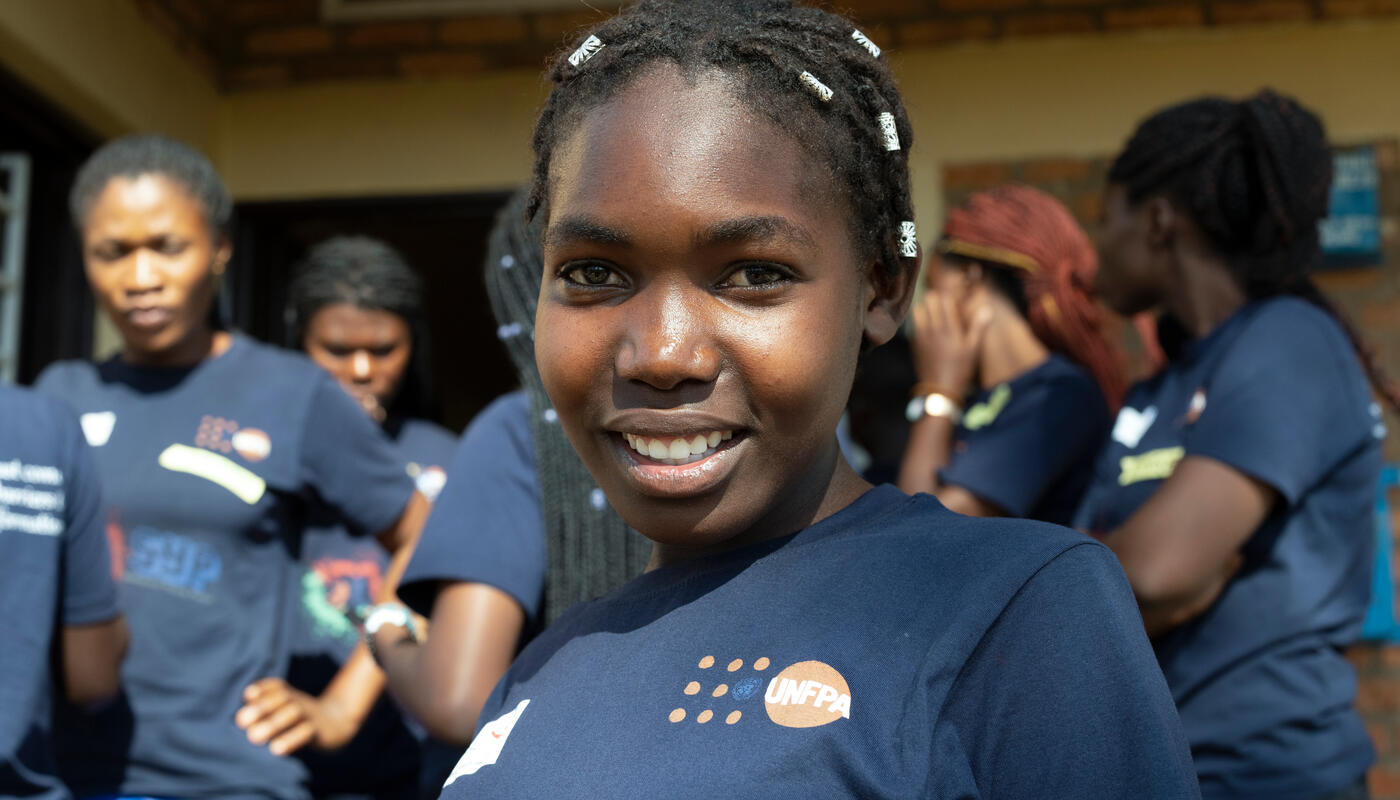
Myth:
Sexuality education sexualizes children and deprives them of their “innocence.”
Truth:
Children will confront issues related to sexuality at some point, whether we like it or not, so it is essential that they are informed and prepared to deal with them. Comprehensive sexuality education provides them with the age-appropriate knowledge and skills that help them avoid teen pregnancy, understand consent, make responsible choices, and recognize predation and abuse.
Such education is often important for members of marginalized and vulnerable communities. In the Republic of Moldova, for instance, a safe space supported by UNFPA helps Roma youths who have fled the war in Ukraine by providing services including comprehensive sexuality education. This is a first for the community: “Services of this kind have not been practiced among this group of Roma population in Ukraine,” Sahin Rădiță, a coordinator for the facility, told UNFPA, noting that sexuality education had long been considered taboo. As a member of the Roma community himself, he said the facility strikes a balance between the need for sexual and reproductive health information and the need to respect Roma norms and values.
“Our services are welcome, even necessary, but they require a specific approach, taking into account Roma culture and customs,” Mr. Rădiță said, adding that he has seen important progress. “At the beginning, not only the parents but also the young people were skeptical about the activities we carried out. But once they saw the effect of these activities, we obtained a stable attendance of the young people and the full trust of their parents.”
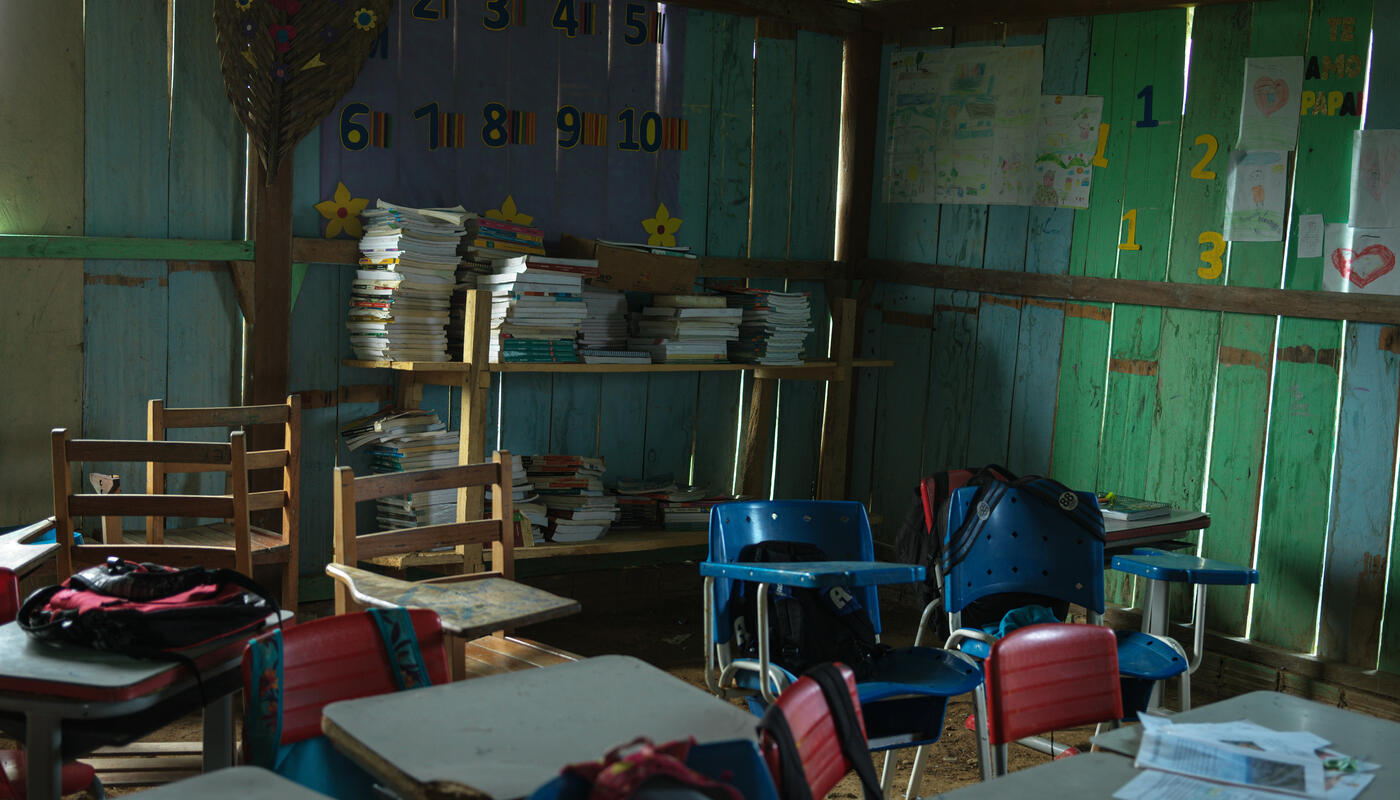
Myth:
Sexuality education introduces sexually inappropriate material to young people too early.
Truth:
Comprehensive sexuality education must be scientifically accurate, non-judgmental and age- and developmentally appropriate. In the absence of such education, children and young people can be vulnerable to conflicting or damaging messages from their peers, social media and other sources.
In Angola, an initiative supported by UNFPA is tapping the power of young people to become educators among their peers, training them, in age-appropriate ways, to lead discussions among thousands of young women and girls about sexual and reproductive health. “It’s changing lives and empowering young people,” Silvia Francisco, an activist for young people’s rights in the city of Luanda, told UNFPA, noting that this type of education is helping to overcome deep-rooted challenges in the country.
“It’s been a constant battle to transmit information about sexuality because there are still parents who think that talking about it with adolescents and young people will lead them to have sex,” Ms. Francisco said. “But through the programme, we always pass on the message of protection and delaying teenage courtship.”
In Mongolia, 18-year-old Adiya, who lives with a visual impairment, is one of many students to benefit from comprehensive sexuality education at her secondary school in Ulaanbaatar. “[The lessons] enabled me to communicate effectively with my family and health-care providers about my sexual and reproductive health,” she told UNFPA. It’s a key step: Young people with disabilities around the world report low levels of knowledge about their sexual and reproductive health, including the use of condoms and other contraceptives, according to UNFPA research.
In Egypt, Rabaa Abdel Hamid learned about reproductive health in the Nawah Youth Theatre Group, a UNFPA-supported initiative that enables young people to learn by acting out various scenarios onstage. Ms. Hamid embraced the exercises and went on to become a team leader. “I worked hard to become a trainer in reproductive health,” she has said. “I went from having no knowledge on many topics to a person who can speak to hundreds of people about these issues.”
And in Senegal, 19-year-old Khady signed up for her first-ever gynaecological exam after attending a comprehensive sexuality session with other young people on a local beach near Dakar. “I have learned a lot about my health,” she told UNFPA, noting that it’s difficult for young people to find information on sexual and reproductive health in her country, making the lessons particularly valuable for her and her friends.
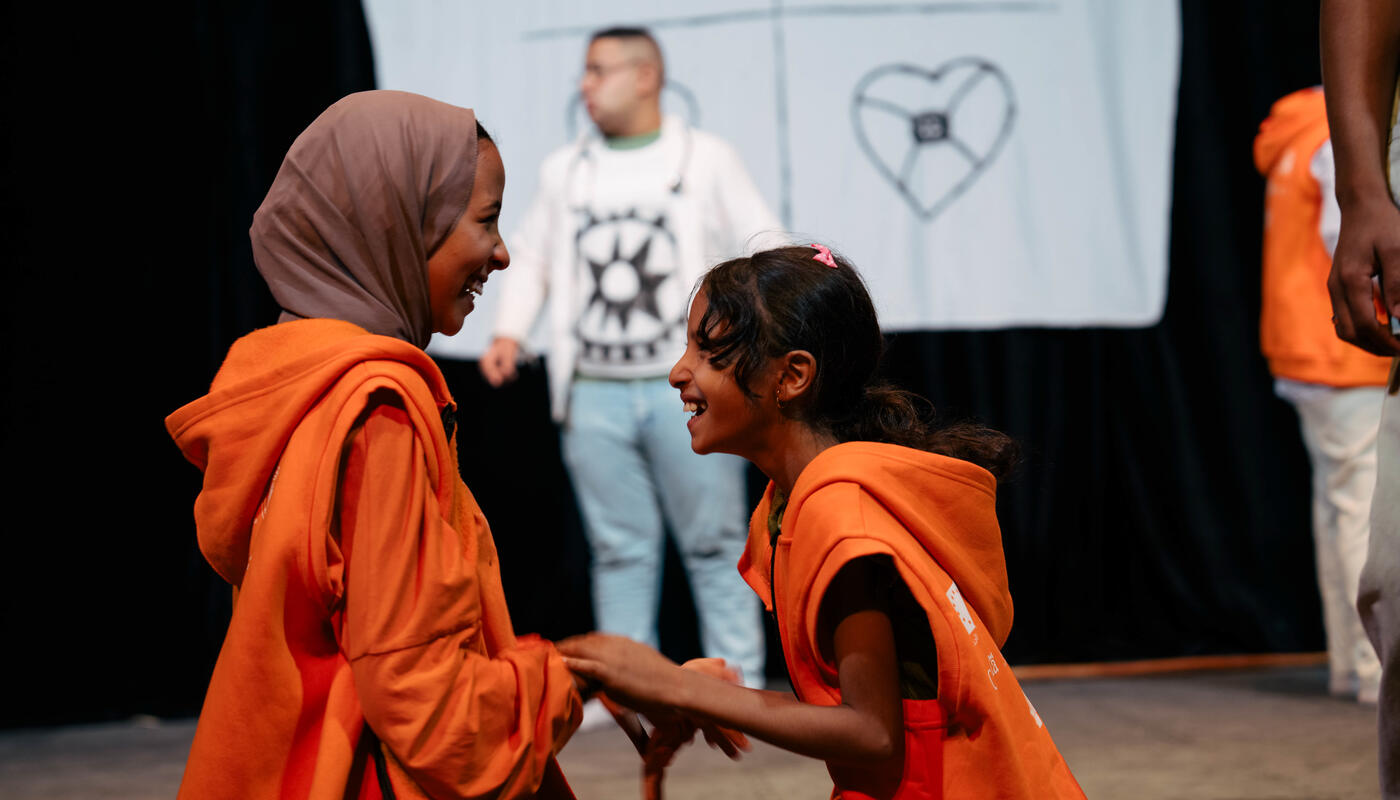
Myth:
Sexuality education promotes masturbation.
Truth:
Comprehensive sexuality education does not promote masturbation. Children start to explore their bodies through sight and touch at a relatively early age. Educators let them know that this is a normal practice.
When discussing sensitive topics such as this, teachers are trained on how to respond to questions initiated by young people, who often seek to debunk myths and misconceptions about masturbation. Teachers provide factual, non-moralizing information.
Myth:
Sexuality education is trying to legalize paedophilia.
Truth:
Comprehensive sexuality education protects children and never calls for the decriminalization of adults having sex with children, or the abolition of the age of consent. The sexual abuse of children is a crime that comprehensive sexuality education helps to defeat.
Among those seeking to help protect children is a young survivor of abuse named Tigist in Ethiopia. In her early teens, she was raped and impregnated in the home where she served as a housemaid in Addis Ababa. Then she got fired. To survive and to provide for her child, she turned to sex work. When the psychological, social and economic stresses became untenable, she met an outreach worker from a local UNFPA partner and began attending group counselling and peer-education sessions. A quick learner, she is now training to become a peer educator herself.
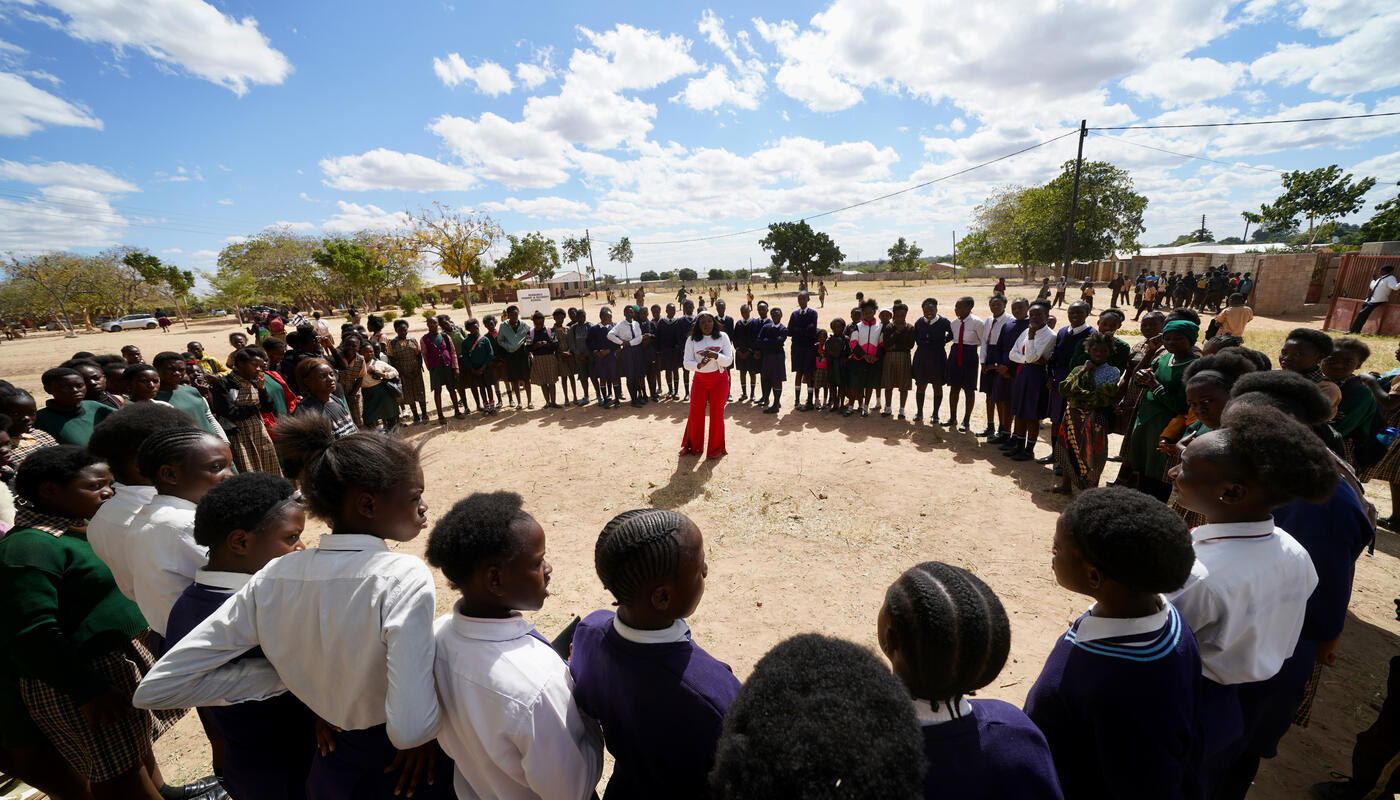
Myth:
Sexuality is not relevant for children.
Truth:
Sexuality is inherent to the human experience, throughout a person’s life. Comprehensive sexuality education is a lifelong process that is relevant to all ages. Long before younger children think about having sex, this type of education can help them learn about their bodies, emotions, family life, relationships, the basic principles of consent and what to do if they experience or see violence or abuse.
“I have seen girls become pregnant, become victims of violence and become HIV-positive, and I don’t want to become one of those girls,” 13-year-old Lydia, a student at Kabulonga Basic School in Lusaka, Zambia, told UNFPA. She and her classmates are benefiting from comprehensive sexuality education from teachers who received training from UNFPA.
Adolescents in Zambia, especially girls, face persistent barriers to sexual and reproductive health services and information, with stigma in the community and discrimination from health-care providers keeping many from receiving the care and information they need to stay safe. “I’m happy they have taught us in school how we girls can protect ourselves,” Lydia said.
*Names have been changed.
